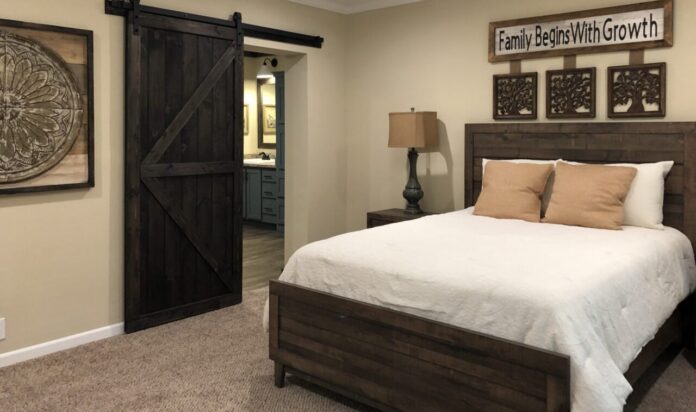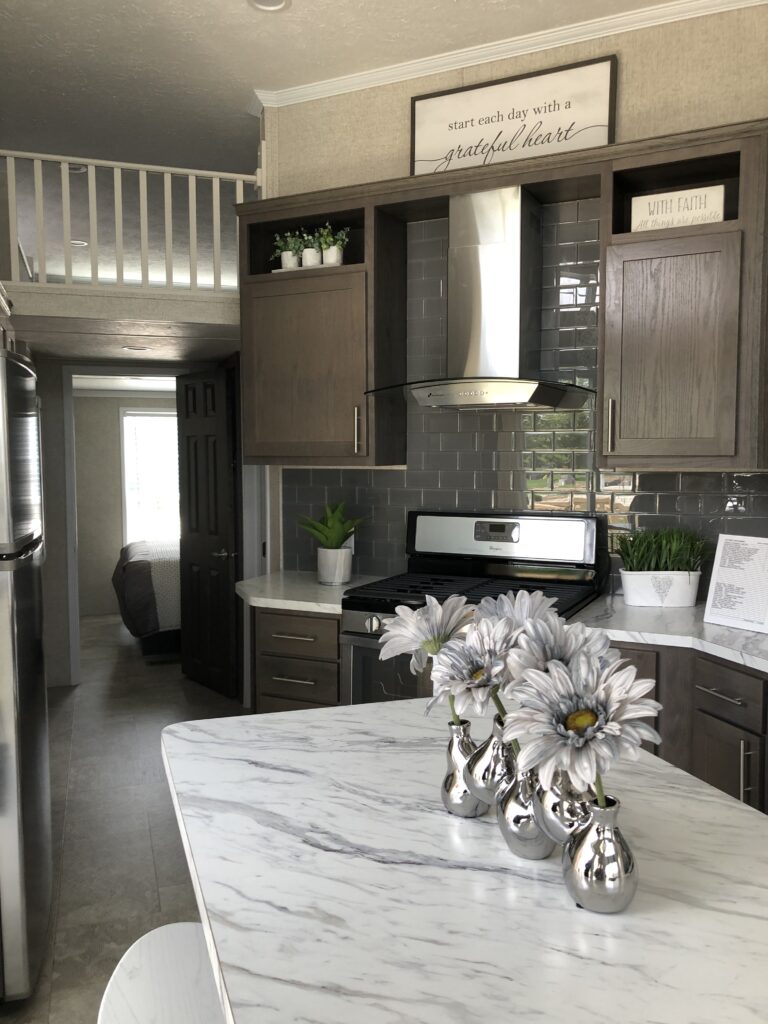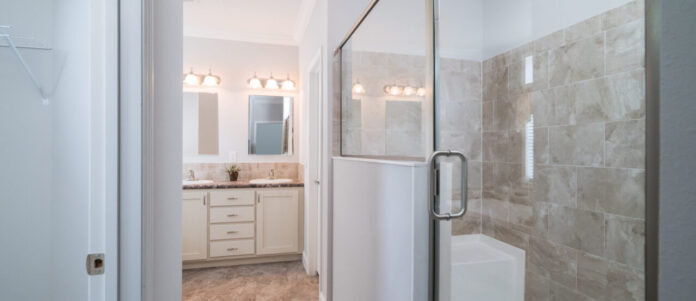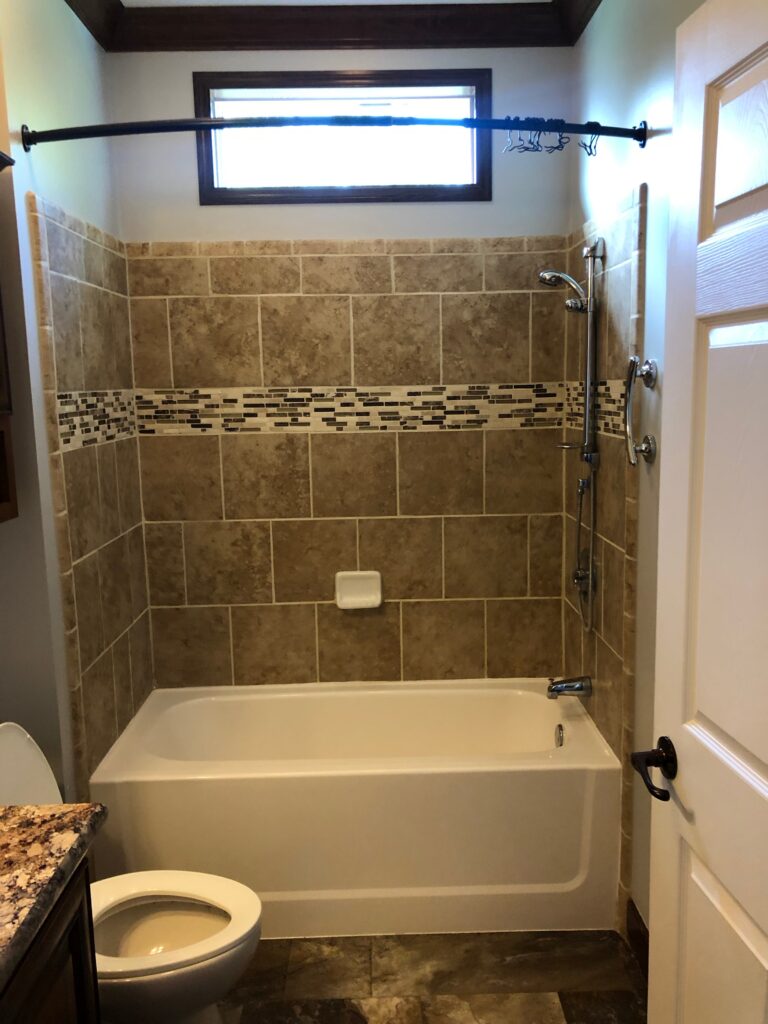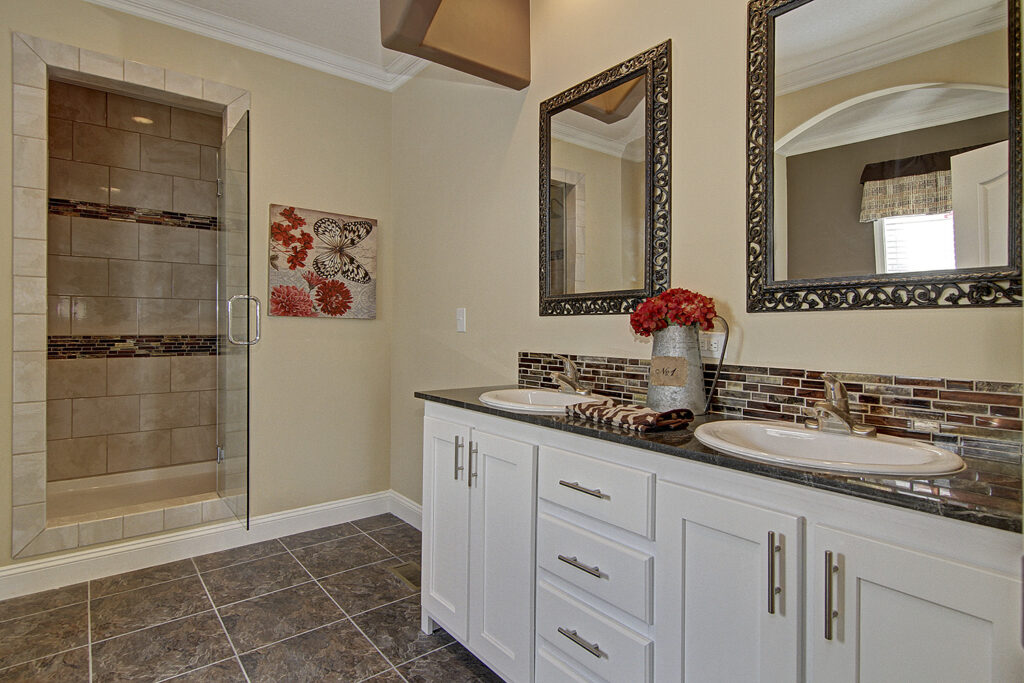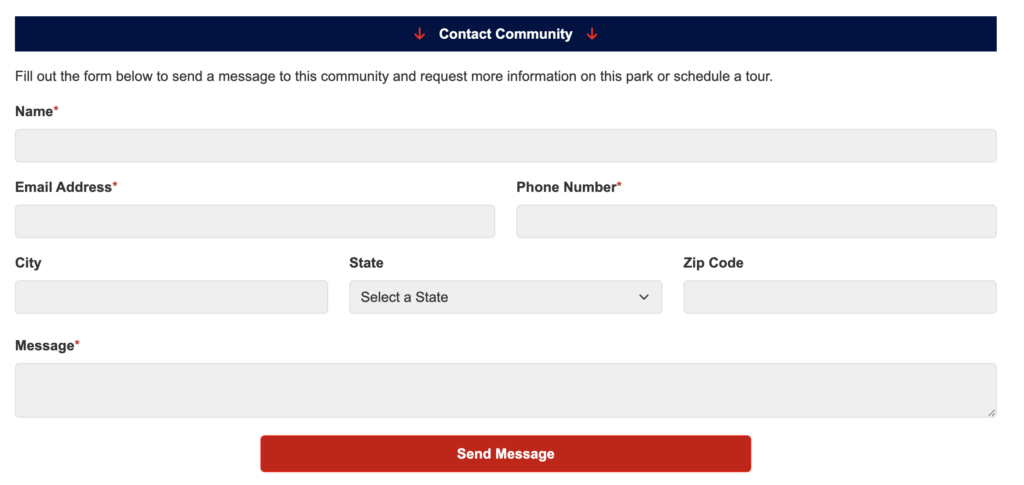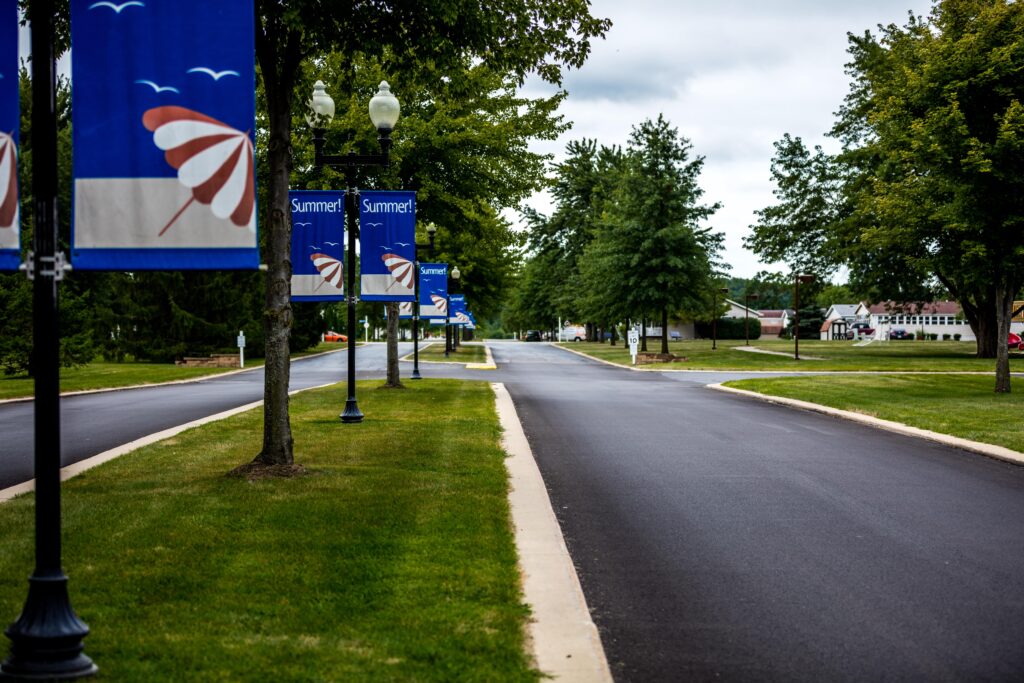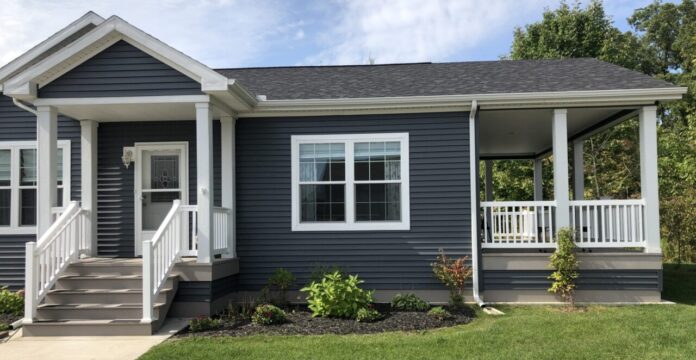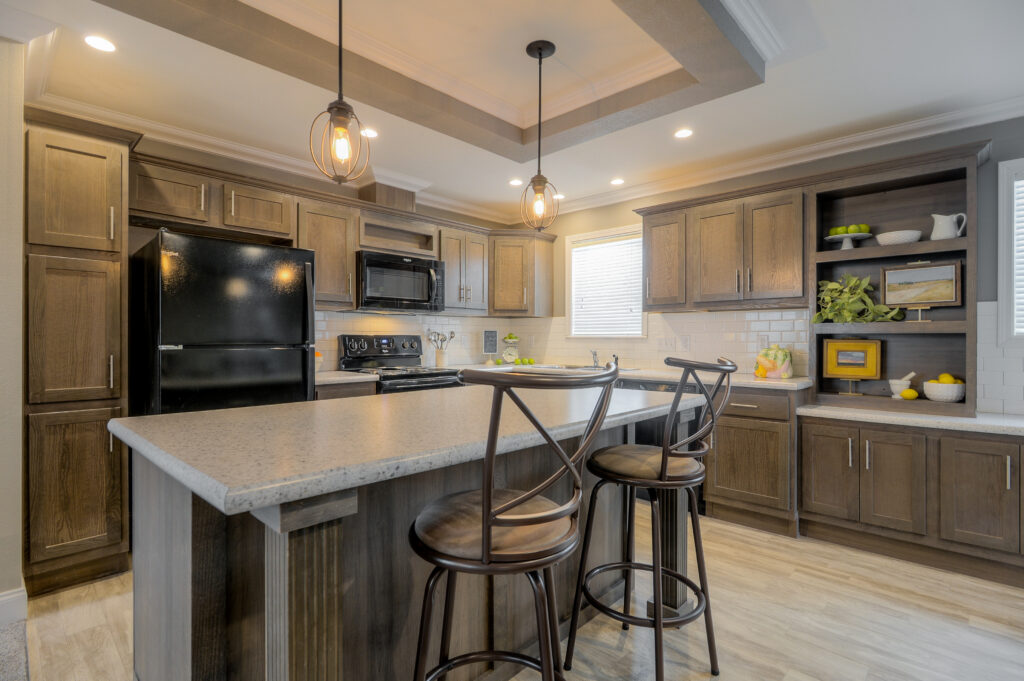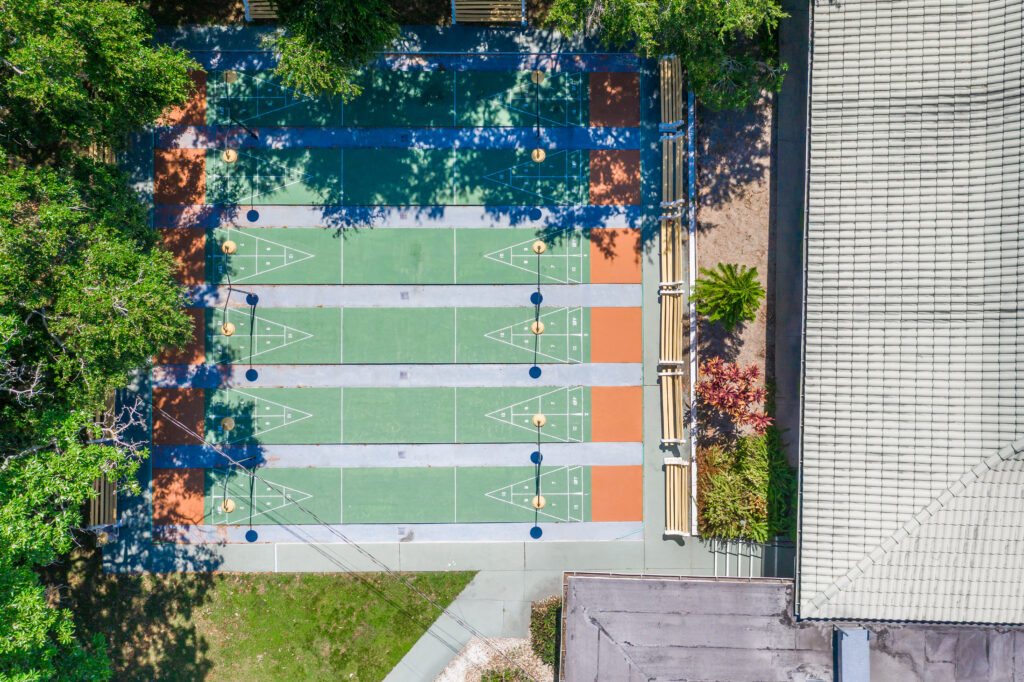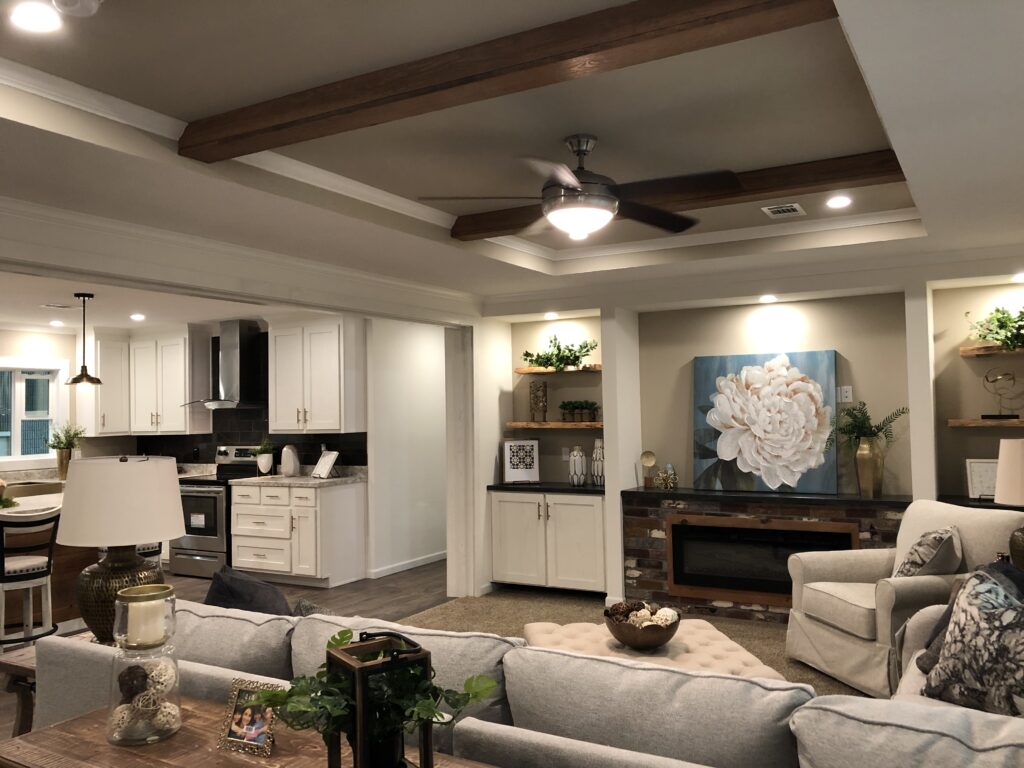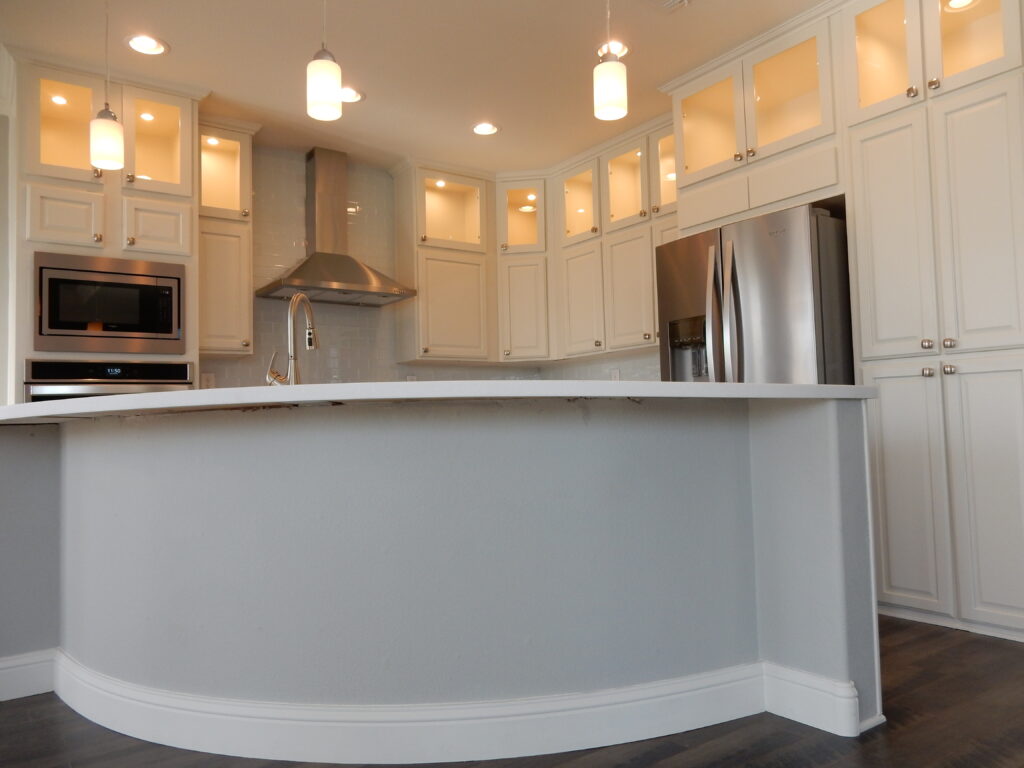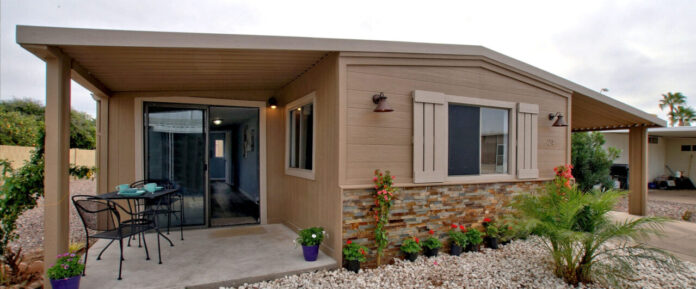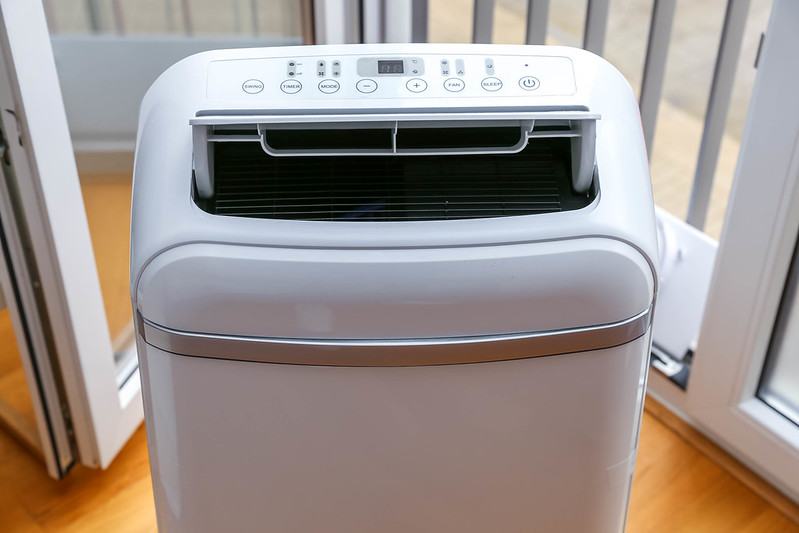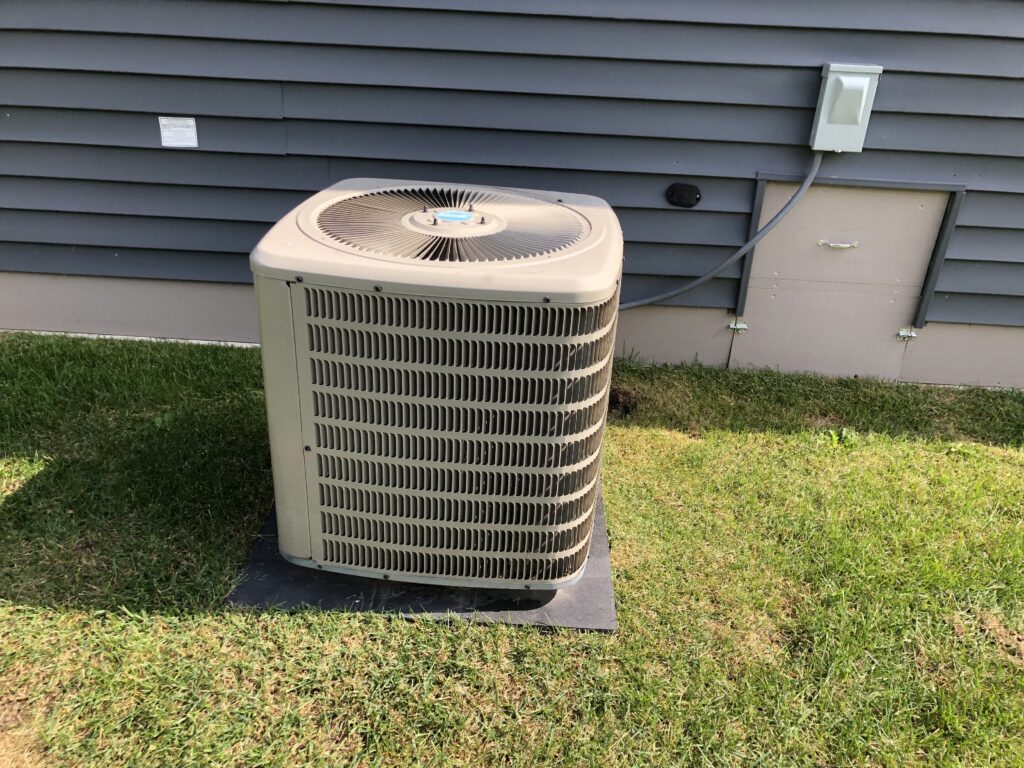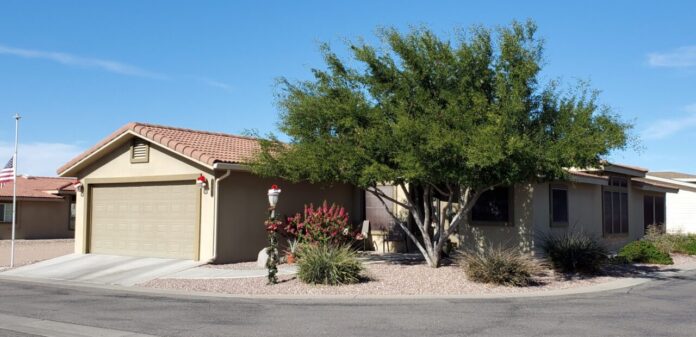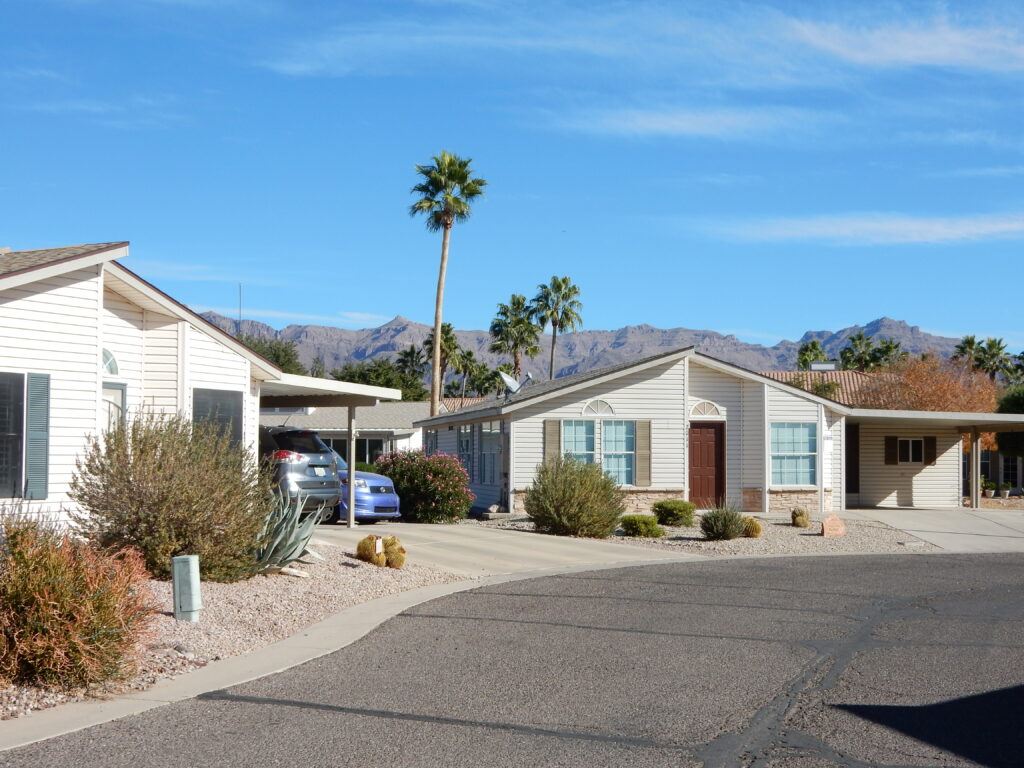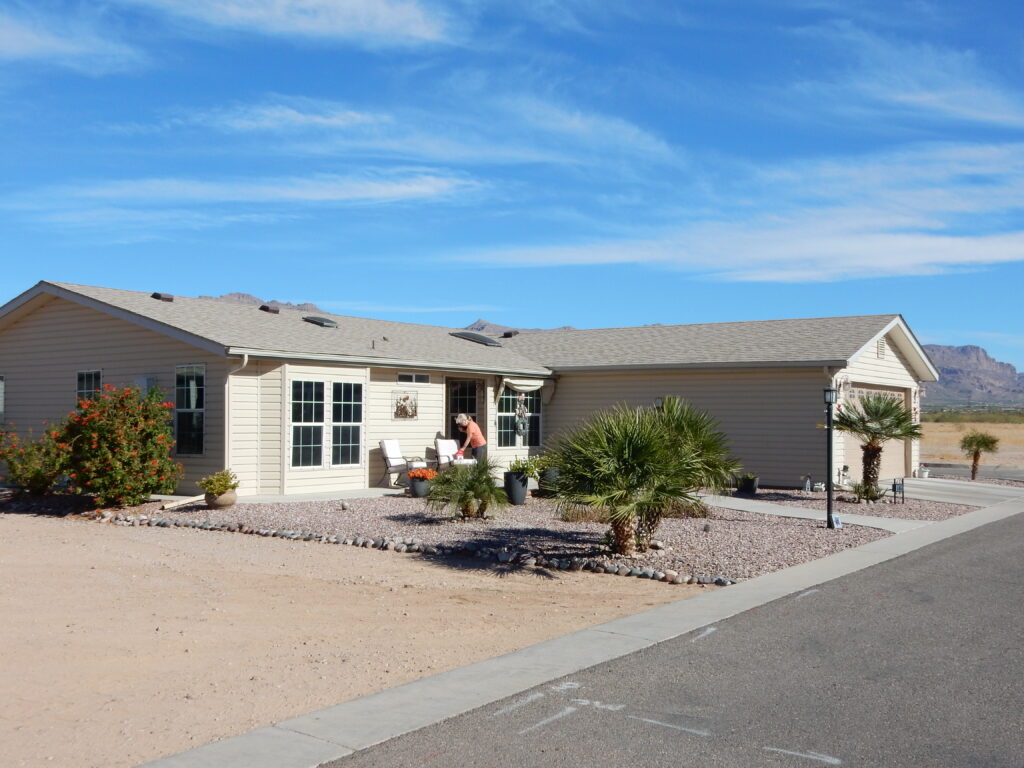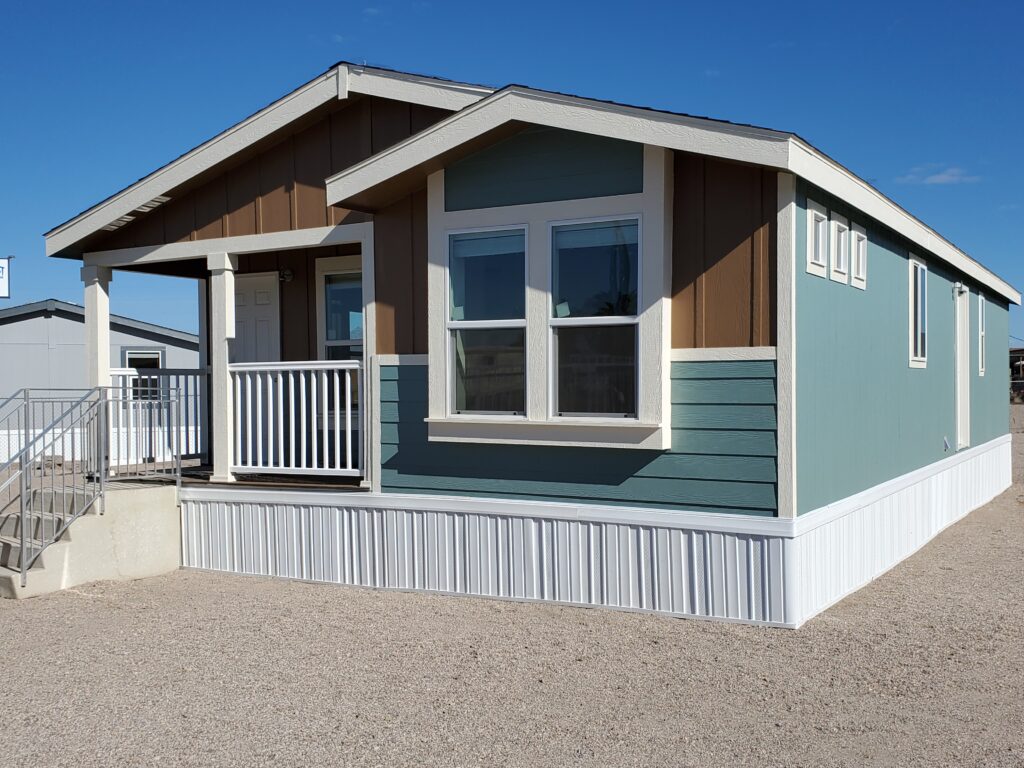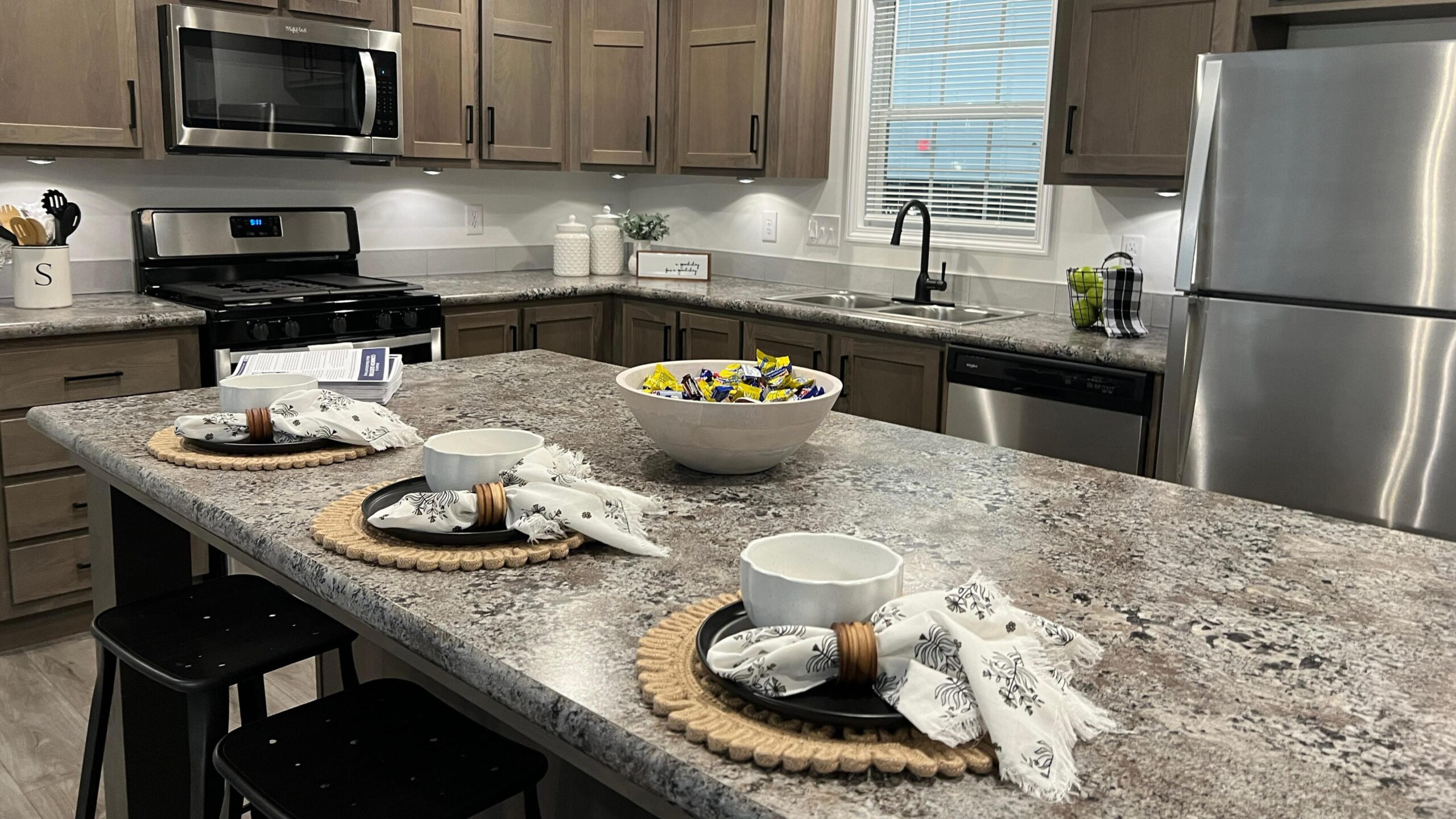Autumn means your kids are going back to school, the weather is cooling down just a bit, and you’re thinking about ways to pumpkin-spice up your mobile home. For many, this can be a “fall cleaning” session on the weekend, but for others it’s a time to introduce some new paint colors into the mix.
Here, we’ll talk about some of the most popular colors for painting your mobile home interior in the fall to help create some inspiration this season!

Light Coffee Brown
This is a popular color for elegant living rooms. Painting a common shared space a shade of brown, such as coffee brown, is a great way to start introducing some earthy tones into your mobile home.
Browns are a close cousin of dark reds (which we’ll get into below) and help inspire calmness and naturalness. While you could use a coffee brown for your bedroom or a dining room, we recommend it most for your living room as it can be a great, calm color when you’re cozying up for movie night with some warm cider.
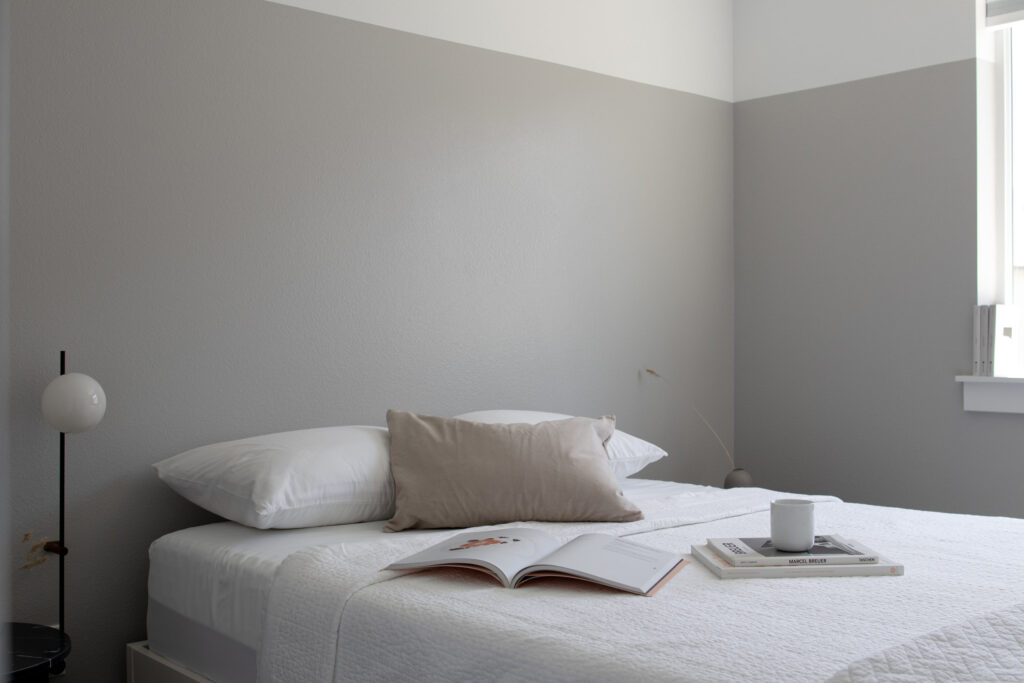
Neutral Gray
Though this color is one of the more neutral ones on our fall mobile home painting palette, it’s still worth mentioning because of just how popular it is this time of year.
A gray-painted wall is a great tone that can work in multiple rooms of your home. Whether you’re painting your mobile home bathroom, or a guest bedroom, a gray that’s not too dark or not too light can help really bring the room together.

Burgundy
This is another popular color that inspires elegance in any mobile home. A dark red like burgundy, when paired with the right kind of furniture, can make your living room or master bedroom feel like royalty.
Because burgundy, even though it’s a darker red, is still a more vibrant color than gray, it’s more important to find room furnishings that match your new wall color. For example, if you’re painting your mobile home master bedroom burgundy, finding a comforter in a similar or matching color (so, not teal) will help tie this popular fall color together.
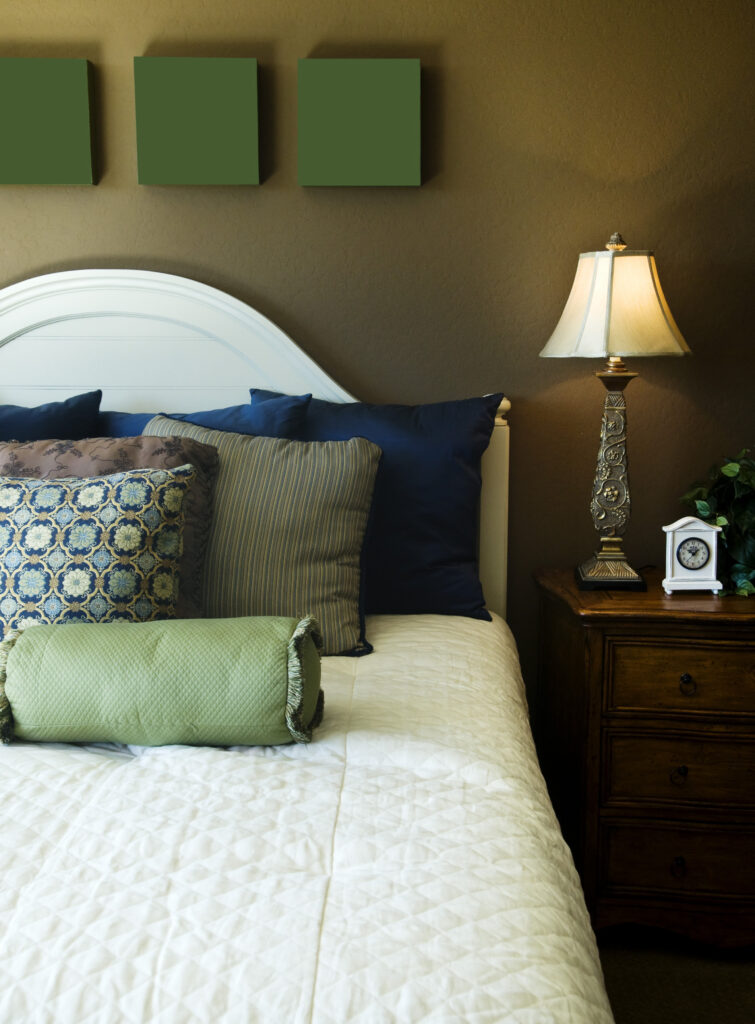
Olive
While olive as a painting color is popular in the spring, it’s also gaining popularity in the fall, too.
An olive green, with hints of gray, is a fantastic color for many rooms in your mobile home. It can provide an earthy tone to your mobile home kitchen. Or, maybe it’s a subtle, yet creative color for your home office. You could even use it for a guest bedroom!
Of all the colors on this list, olive might just be the most versatile because of how well it can be used in just about any room in your mobile home.
Autumn Orange
Autumn orange is the brightest color on our list of fall mobile home painting colors, but it’s perfect for a child’s bedroom or even a mudroom.
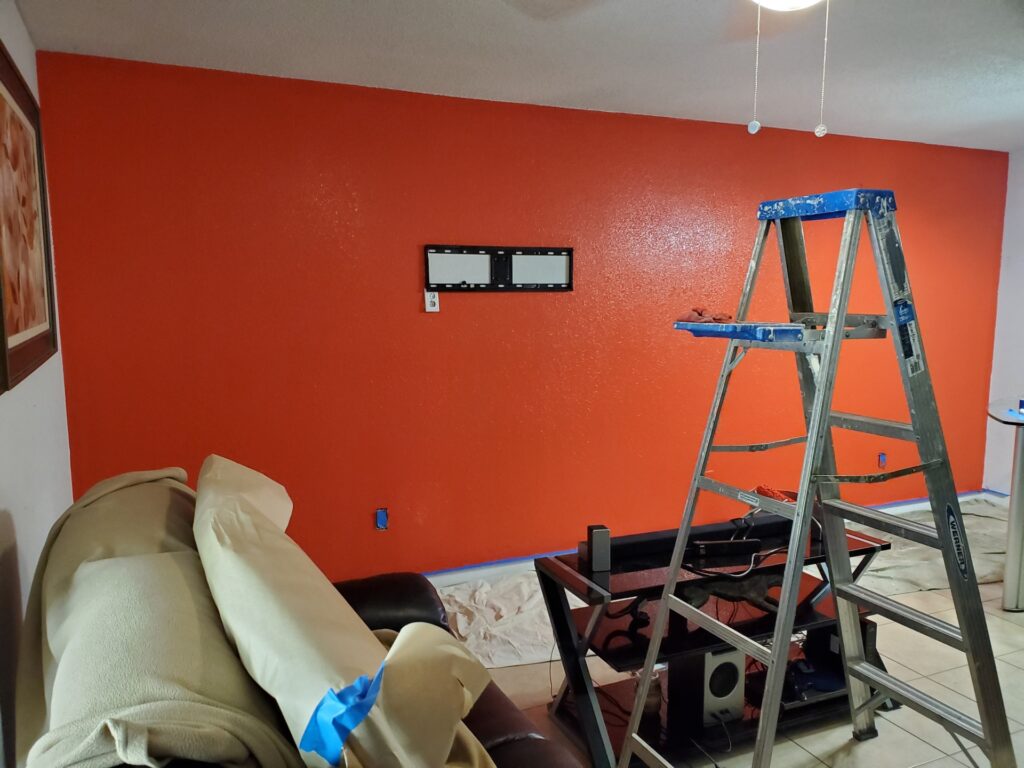
Having a bright orange can help inspire happiness and activity, particularly when the last rays of summer sunshine are still shining. While it can be tricky to get this color just right, it can be worth it for having your own pocket of warmth right in your mobile home to last you through the fall and winter.
If it makes sense, you could also use this kind of orange as an accent wall. An accent wall is a different color from the rest
Hopefully some of these mobile home fall painting colors have provided some ideas for your space this autumn.
If you’re looking for other painting ideas, you can check out this MHVillager blog post on 12 other painting ideas for your manufactured home. Or, you can head over to our page on remodeling your mobile home in case you’re looking at other projects to wrap up the year!


